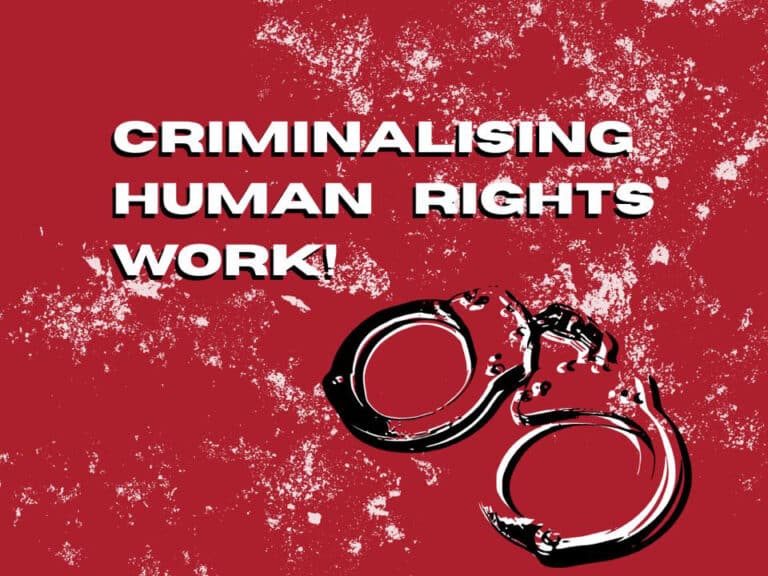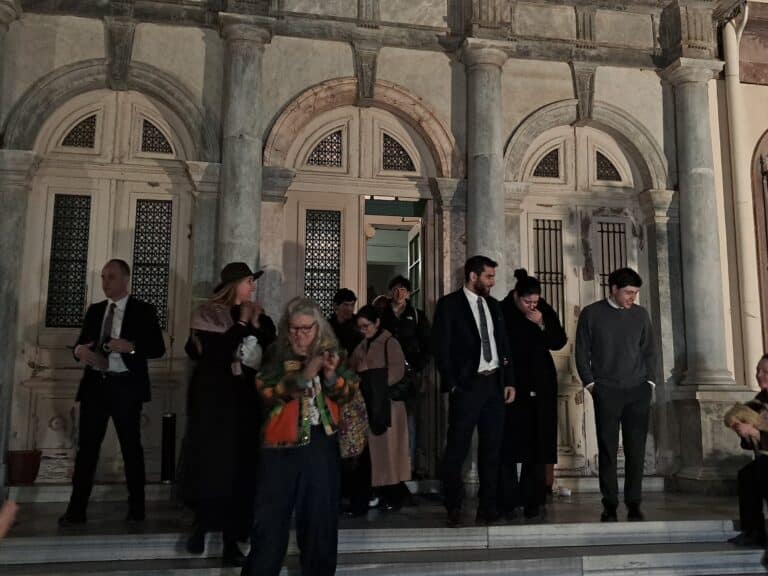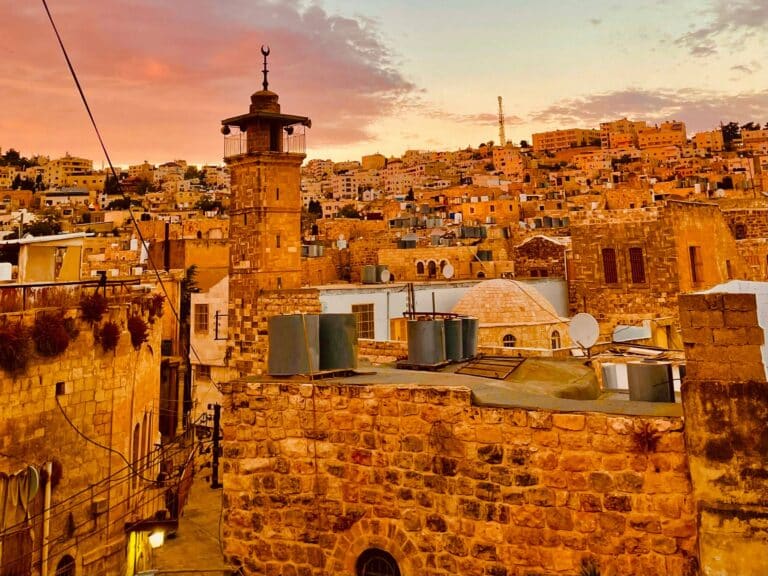On Monday, Hamdan Ballal – co-director of Oscar-winning No Other Land – was attacked by settlers in the West Bank, beaten, his home besieged, his family barricaded inside, before he was dragged off to an Israeli military base and held alongside two other Palestinian men. After they let him go he told reporters that, although he couldn’t understand Hebrew, he knew the soldiers who held him captive were mocking him; the only word he could make out was “Oscar”.
The story has been reported widely, perhaps for how clearly the attack was an act of revenge, perhaps owing to the fact that settler violence fits into press narratives as an extremity, rogue enough that it doesn’t run too much risk of reflecting Israel’s broader political culture. There was nothing unusual about it though: CPT Palestine documents on a regular basis the violence and attempted humiliations inflicted upon the people of Hebron. Just this week they show us how Israeli forces attempt to erase Palestinian identity by cracking-down on shop owners selling Palestine-themed goods; how, through raids and demolitions on family homes, they pursue policies of collective punishment; how they even control the right to prayer through blocking access to the Ibrahimi mosque.
The fact that Hamdan Ballal’s neighbours, in collusion with the Israeli state, felt compelled to kidnap him indicates that No Other Land had rattled them. In Light, a documentary showcasing our work in Palestine, Nisreen Al-Azza, a visual artist living in Hebron, tells CPT Palestine that if you watch television “you won’t see the bitter reality that I saw in Hebron”. Last Friday in London CPT tried to correct that, hosting a screening of the movie alongside the film’s director, Ahmad Abu Monshar. So many people came that the venue had to find more chairs, and people offered to take the movie away with them to screen in their communities.
I was jealous to have missed it. A critic used to say that the best movies are like machines that generate empathy. They also help us navigate ourselves. If you’d like to organise a screening of Light for your community, we invite you to reach out to us and let us know.




